A Russian SU-24 bomber aircraft was recently shot down by Turkish F-16’s in the skies over Syria. Both sides gave differing accounts of the shooting with Russia claiming the bomber never entered Turkish airspace and that no warning was given. The Turks on the other hand claim that the bomber did enter Turkey and that multiple audio warnings were given over the span of thirty seconds. Radar maps confirm that the plane crossed into Turkish airspace but also debunk claims made by Turkey’s President Recep Tayyip Erdogan that the aircraft was in Turkish airspace for five minutes. The map clearly shows that the plane traversed an area that would have taken under 20 seconds.
Turkey’s actions violate accepted norms for intercepting unknown aircraft. The usual procedure is to transmit an audio warning and then intercept the aircraft with another, and if it is still unresponsive then to destroy it. Turkey only took one of these actions in transmitting an audio warning and did so as the Russian bomber was clearly about to leave Turkish airspace. Though incursions are an unacceptable method of political intimidation and Russia has repeatedly been warned not to violate Turkish airspace, such a kneejerk reaction is unacceptable. Similar incursions have occured in NATO airspace over other countries but such rash action was not taken. Only a few days after the incident between Turkey and Russia, a Russian airplane crossed into Israel airspace but was warned and escorted back to Syrian airspace shortly afterwards.
In the days following the downing of the Russian plane, NATO came out in support of Turkey’s actions, a decision that could prove to set a very dangerous precedent. NATO and American support for Turkey’s decision to shoot down the aircraft opens the door to other countries doing the same by using the Turkish decision as a precedent. Much as Russia has used the example of Kosovo as a justification for military action to create semi-independent republics in its near abroad, it and others could use this as a justification to shoot down NATO aircraft in the future with less warning. One could imagine Russian and Syrian forces treating Turkish jets who invade Syrian airspace in much the same way Turkey treated Russia’s bomber, especially with Russia’s recent placement of its S-400 anti-aircraft systems in Syria. This precedent could also be used by other states such as China to justify shorter warning times and less stringent de-escalation measures.
This dangerous precedent makes a potentially disastrous conflict more likely and NATO should take the lead by admitting that Turkey mis-stepped and did not follow established protocol. NATO must hold itself to the highest standards if it expects others to follow them as well. In a multi-polar world system it can not assume that it can take any action without repercussion or danger of other powers following suit.

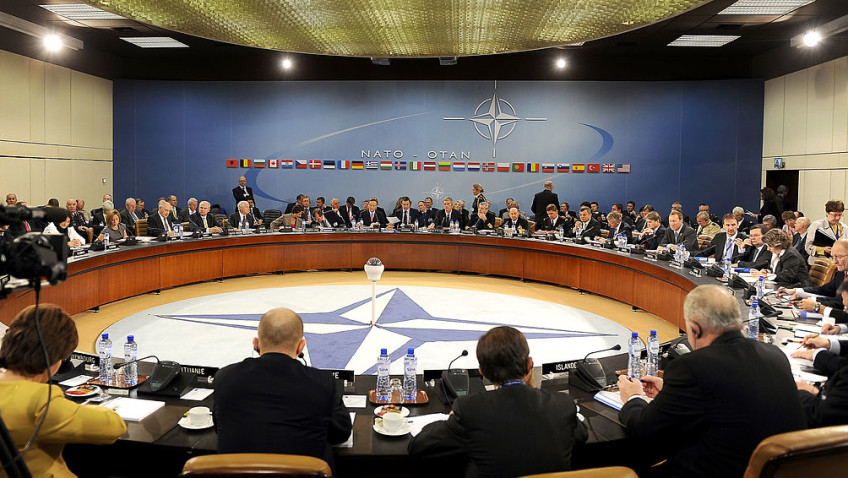

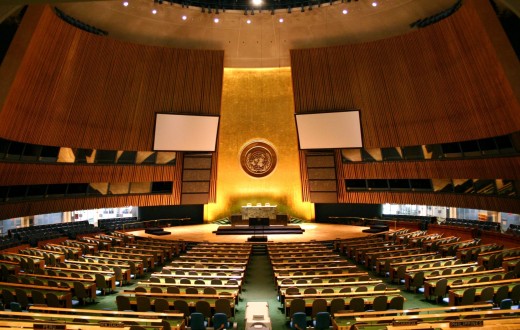
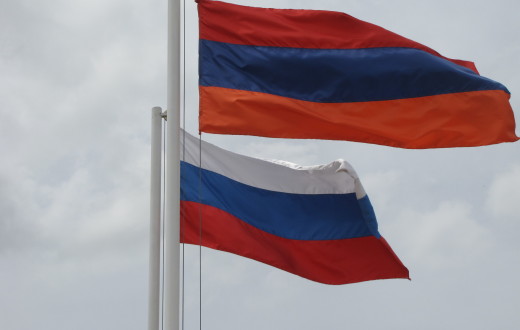
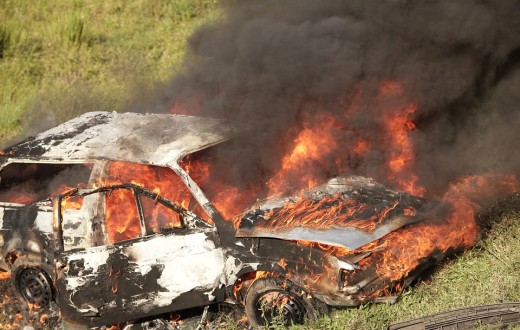
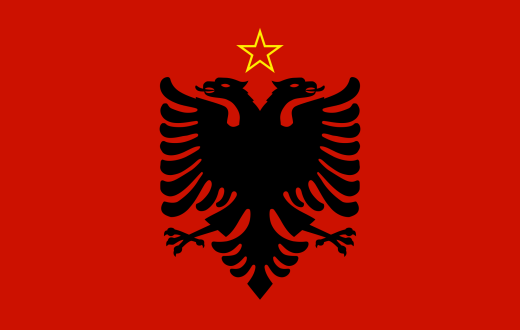
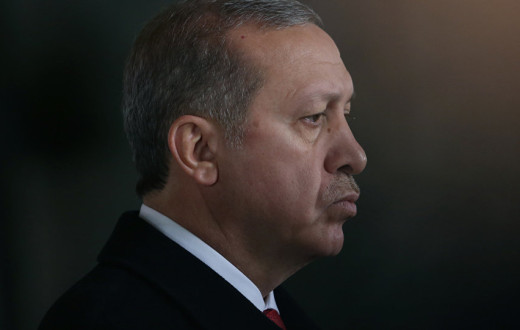
Pingback: Russian Sanctions on Turkey – The Vostokian